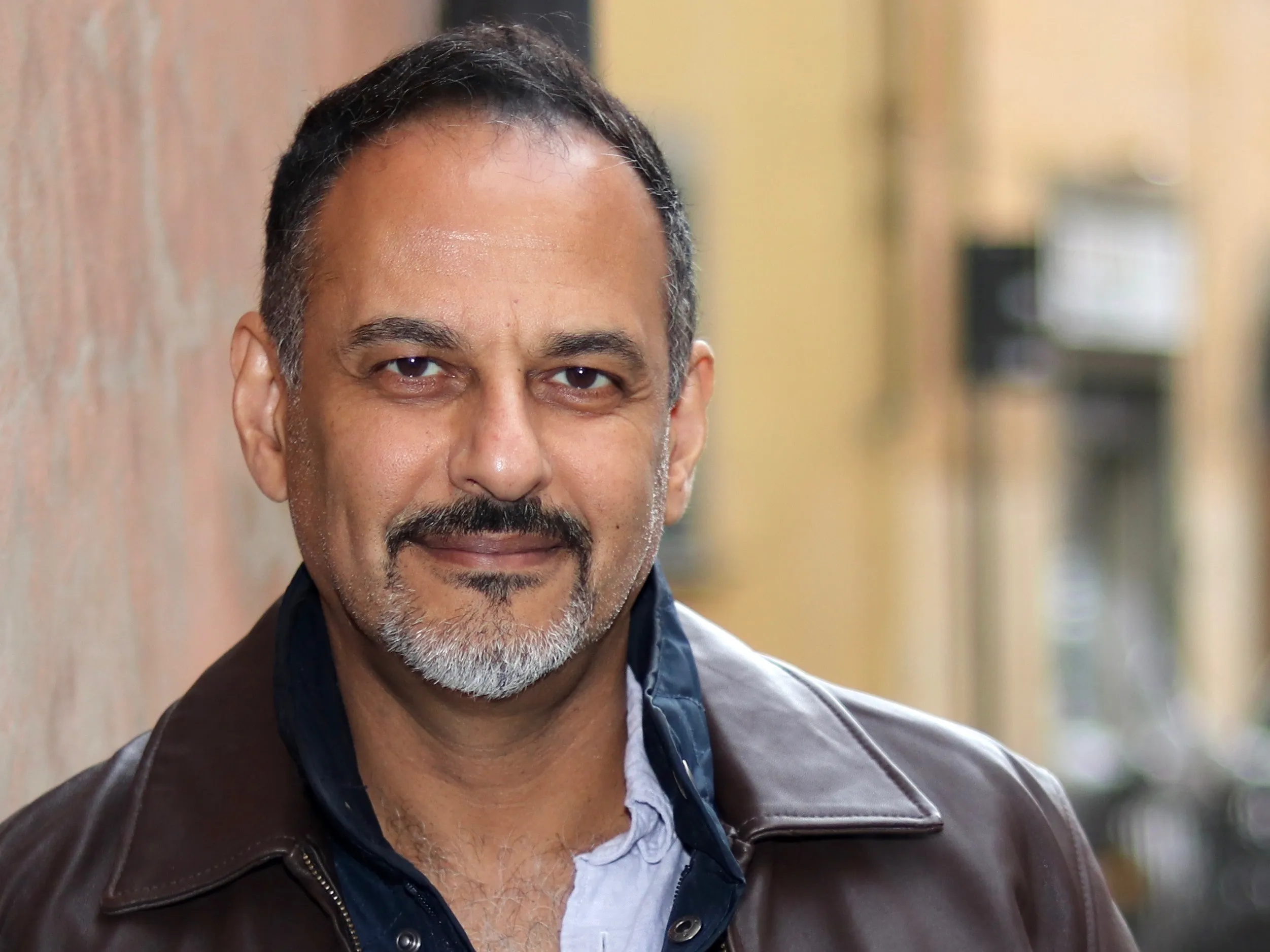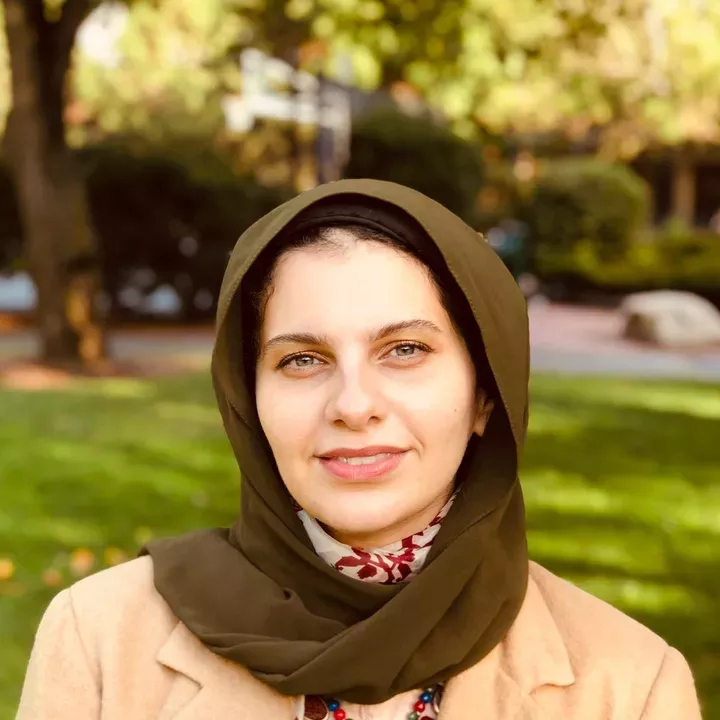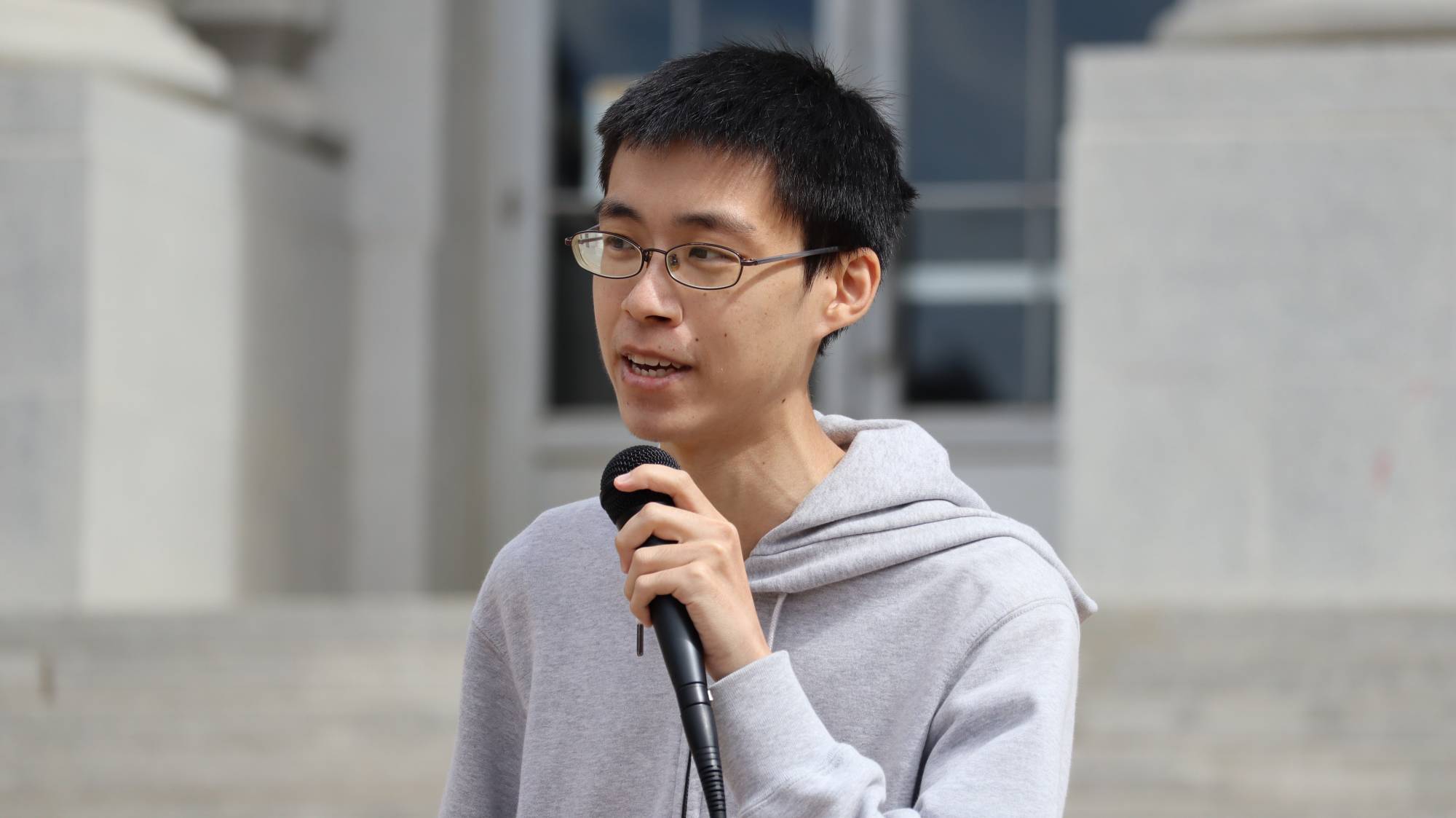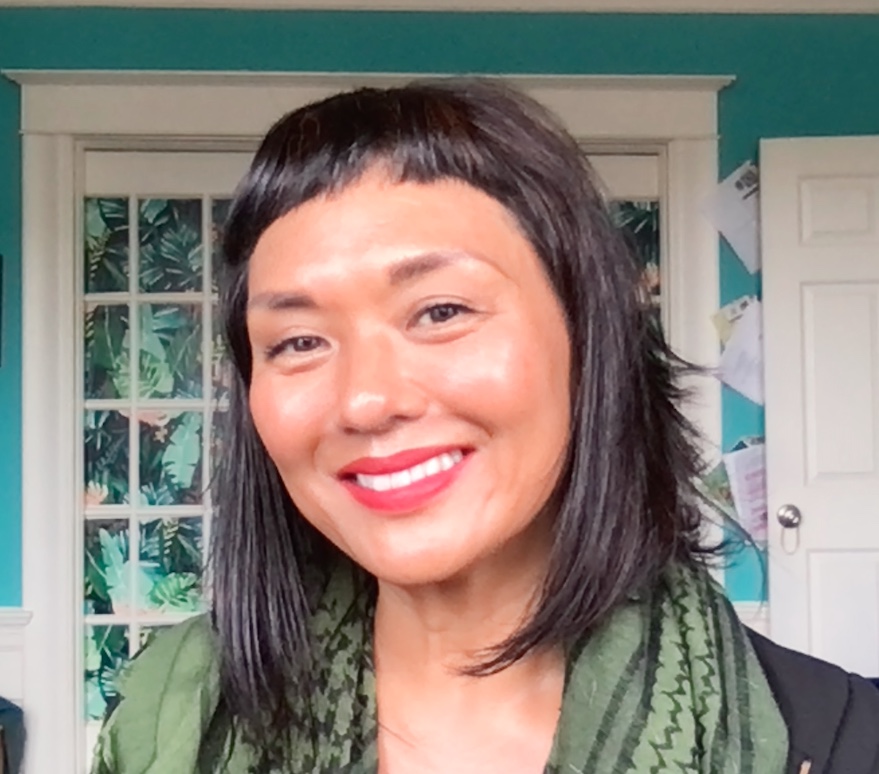LA Benefit Dinner

About the Speakers

Moustafa Bayoumi
Moustafa Bayoumi is an award-winning author, journalist, and educator. He is an opinion columnist for The Guardian, where he also regularly contributes feature articles.
Bayoumi is also the author of the critically acclaimed book How Does It Feel To Be a Problem?: Being Young and Arab in America (Penguin), which won an American Book Award and the Arab American Book Award for Non-Fiction, and This Muslim American Life: Dispatches from the War on Terror (NYU Press), which was also awarded the Arab American Book Award for Non-Fiction.
He is the recipient of two excellence in teaching awards, and his writing has appeared in The New York Times, The New York Times Magazine, The Nation, New York Magazine, Hyperallergic, The New Republic, The Daily Beast, CNN.com, The London Review of Books, The National, The Chronicle of Higher Education, The Progressive, and many other places. With Andrew Rubin, he co-edited The Selected Works of Edward Said: 1996-2006 (Vintage), and he is the editor of Midnight on the Mavi Marmara: The Attack on the Gaza Freedom Flotilla and How It Changed the Course of the Israel/Palestine Conflict (O/R and Haymarket Books).
With Lizzy Ratner, Bayoumi co-edited a special issue of The Nation magazine on Islamophobia, and he guest edited a special edition of the arts magazine Mizna titled Surviving. Bayoumi’s article “Journey to Guantánamo” was a finalist for the 2023 Arab and Middle Eastern Journalists Association’s (AMEJA) Excellence in Reporting award and his essay “The Destruction of Palestine Is Breaking The World” won AMEJA’s 2025 award for Excellent in Opinion and Analysis.
Bayoumi has been featured in The Wall Street Journal, The Chicago Sun-Times, and on CNN, FOX News, Book TV, National Public Radio, and many other media outlets from around the world. He has received fellowships from the Mellon Foundation, the National Endowment for the Humanities, and the Johannes Gutenberg University of Mainz, as well as a 2024 Andy Warhol Foundation Arts Writers Award. He is Professor of English at Brooklyn College, City University of New York and lives in Brooklyn.

Farah El-Sharif
Dr. Farah El-Sharif is a scholar of Islamic intellectual history. She received her PhD from Harvard University in 2022, where her dissertation was on the most widely disseminated Islamic text in 19th century West Africa by Umar Futi Tal. Her academic interests lie in Islam in West and North Africa, the nation state and the intersection of Islamic law and Sufism. Dr. El-Sharif served as Stanford's Abbasi Program's Associate Director from 2021-2023.
She received her Master’s degrees in Islamic Studies from the Graduate Theological Union in Berkeley where she worked on representations of Sufism in American religion and the public sphere. She earned another Master's in Islamic Studies from Harvard University’s Department of Near Eastern Languages and Civilizations. She completed her undergraduate degree at Georgetown University’s School of Foreign Service with a focus on Islam and colonialism and has done research in Jordan, Egypt, Morocco and Senegal.
Dr. El-Sharif is working on her first book and taught a class at Stanford in the Fall Quarter that is cross-listed between Stanford Global Studies, the Religious Studies Department, and African and African American Studies, entitled: "Beyond Decolonization: Islam in West Africa."

Peyrin Kao
In November 2023, Kao gave a 25-minute lecture and subsequently facilitated discussion on Israel's bombing of the Gaza Strip at the end of his computer science class. Kao posted the lecture and discussion to YouTube, which garnered much attention. He then had to meet with administrators over possible "disciplinary actions."
On August 27, 2025, the first day of classes at Berkeley, Kao announced a hunger strike which lasted 38 days, until early October. During it, he continued to teach courses while subsisting on a diet of 250 calories per day, resembling the average food portion accessible to Palestinians in Northern Gaza according to a 2024 Oxfam report. He also called for "the university to issue a statement declaring that Israel is conducting a genocide in Gaza, divest from the military, and change its ethical standards for collaborations and partnerships." After ending the hunger strike due to risk of permanent damage to his body, he continued to raise funds for individuals in Gaza.
In September 2025, Kao's name was listed among the 160 students and staff whom Berkeley identified to the federal government for an alleged antisemitism investigation. Kao called the action unsurprising but nonetheless consequential as a chilling effect on freedom of speech.
In December 2025, the Berkeley administration suspended Kao for the spring 2026 semester without pay; Executive Vice Chancellor and Provost Benjamin Hermalin had written a recommendation letter for the action citing Kao's lecture in 2023 as inappropriate "political advocacy." Hermalin also argued that Kao's hunger strike violated school policy. Afterward, the student group STEM4Palestine declared a hunger strike beginning on December 10.

Sang Hea Kil
Winner of 2021 Outstanding Academic Title: Media and Communication, Choice (the publishing unit of the Association of College and Research Libraries, a division of the American Library Association) for “Covering the Border War” (Lexington Press): 2022.
Top Paper Award for "Border Symptoms and Border Operations: Militarization, Criminalization and Diseased Body Politic Discourse of Late Capitalism," in Ethnic and Racial International Communication Section (Co-sponsored with Global Communication and Social Change), International Communication Association, Washington DC: 2019 CHHS Lifetime Faculty Service Award, SJSU: 2018-2019.
Future of Minority Studies Mellon Fellow: 2005-2006.Davis-Putter Scholar-Activist Fellow: 2003-2004.ASU Faculty Women’s Association’s Distinguished Achievement Award: 2002-2003.Ethnic Minority Fellow for the American Society of Criminology: 2001-2002.

Hatem Bazian
Hatem Bazian is a co-founder and Professor of Islamic Law and Theology at Zaytuna College, the 1st Accredited Muslim Liberal Arts College in the United States. In addition, Prof. Bazian is a lecturer in the Departments of Near Eastern and Asian American and Asian Diaspora Studies at the University of California, Berkeley. Dr. Bazian between 2002-2007, also served as an adjunct professor of law at Boalt Hall School of Law at the University of California, Berkeley. He teaches courses on Islamic Law and Society, Islam in America: Communities and Institutions, De-Constructing Islamophobia and Othering of Islam, Religious Studies, and Middle Eastern Studies. In addition to Berkeley, Prof. Bazian served as a visiting Professor in Religious Studies at Saint Mary’s College of California 2001-2007 and adviser to the Religion, Politics and Globalization Center at UC Berkeley.
In Spring 2009, Prof. Bazian founded at Berkeley the Islamophobia Research and Documentation Project at the Center for Race and Gender, a research unit dedicated to the systematic study of Othering Islam and Muslims. Prof. Bazian in Spring 2012 launched the Islamophobia Studies Journal, which is published bi-annually through a collaborative effort between the Islamophobia Research and Documentation Project of the Center for Race and Gender at the University of California at Berkeley, the Arab and Muslim Ethnicities and Diasporas Initiative for the School of Ethnic Studies at San Francisco State University; the Center for Islamic Studies at the Graduate Theological Union, the International Centre for Muslim and non-Muslim Understanding at the University of South Australia, and Zaytuna College.
In addition to academic work, Dr, Bazian is a weekly columnist for the Turkish Daily Sabah Newspaper and Turkey Agenda online magazine. Dr. Bazian is founder and national Chair of American Muslims for Palestine, board member of the Islamic Scholarship Fund, Muslim Legal Fund of America, President of Dollar for Deen Charity, and Chair of Northern California Islamic Council.

